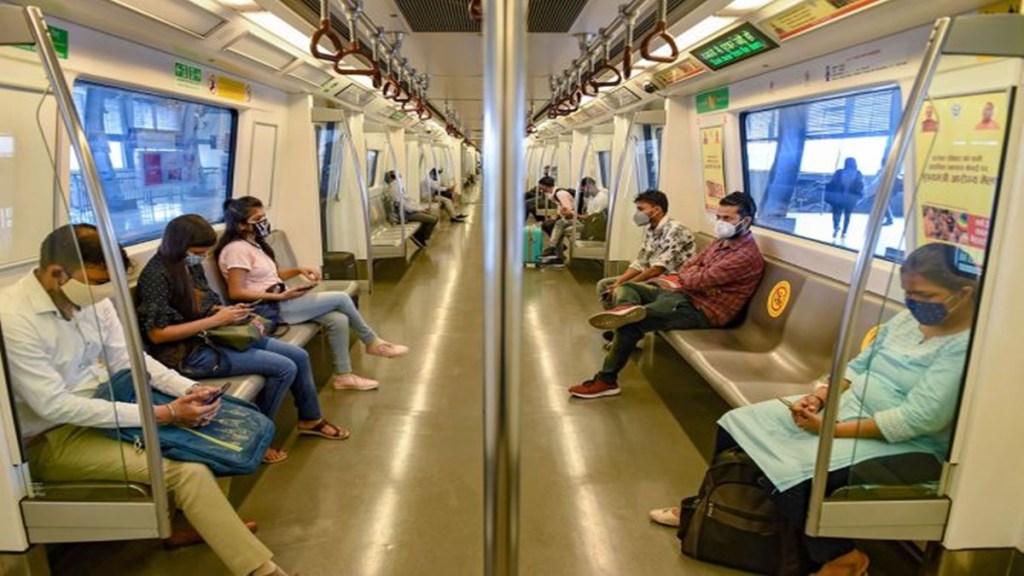Gujarat is all set to get a big boost in its public transportation infrastructure with the launch of the new Metro Rail Extension, an official release statement said. The project, developed by the Gujarat Metro Rail Corporation (GMRC) in collaboration with the state and central government, expands the metro network. This project will connect important locations between Ahmedabad and Gandhinagar, that includes PDEU, GNLU, Raysan, Randesan, Gift City, Dholakuva, Infocity, and Sector-1.
The extension of the new metro rail network will not just make connectivity easier between the two cities but will also redefine urban mobility in the area with safer, faster and more affordable travel options for its citizens.
PM Narendra Modi will flag off the second phase of the Ahmedabad Metro on September 16, 2024, marking the official commencement of the project. This new phase, stretching from Motera to Gandhinagar’s Sector-1, will connect important hubs like the GIFT City.
The second phase will span up to 21 kilometres, covering eight new stations initially, providing efficient commutation to both residential and commercial sectors.
The current metro extension will offer affordability as well as time efficiency. With the continuous rise in petrol prices and traffic congestion, the metro rail stands out as the most economical and reliable form of public transport available today.
For example, metro from APMC to Gandhinagar’s Sector-1, which is approximately 33 km, takes just 65 minutes and costs Rs 35 only. Compared to this, the same journey via taxi takes over 80 minutes, with fares exceeding Rs 415. Similarly, auto rickshaw fares for the same route hover around Rs 375, taking the similar amount of time or even longer. With affordable fares and less travel time, the metro is poised to become the go-to choice for daily students, commuters and professionals working in the rapidly developing areas of Gandhinagar and the GIFT City.
The Ahmedabad metro’s new stations will bring in major social and economic changes, particularly with the expansion of commercial centres around Infocity and GIFT City. Commuters to these areas will now have a fast and affordable travel option, which will increase productivity and support the growth of businesses in this region.
The metro extension is expected to boost real estate development around the newly built stations. As connectivity improves, the demand for commercial and housing spaces in the surrounding areas will rise, creating opportunities for new investments and driving urban growth. By connecting the important urban areas and providing an affordable means of transport, the metro will also play a notable role in improving the lifestyle of the residents.
This phase of metro extension is a part of the state’s broader strategy to build a robust and sustainable urban transportation network. Plans for further expansion of the metro line are already underway.

